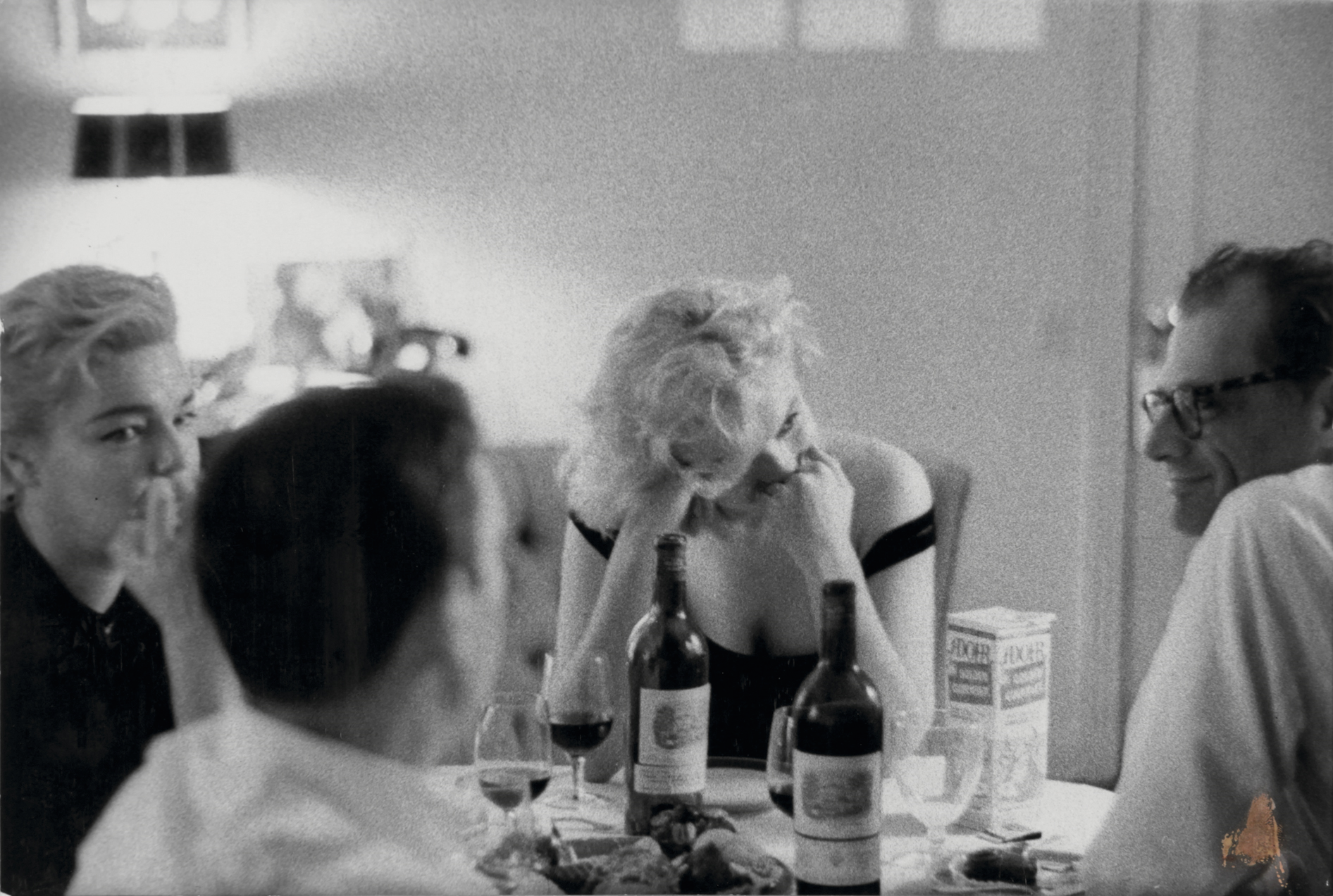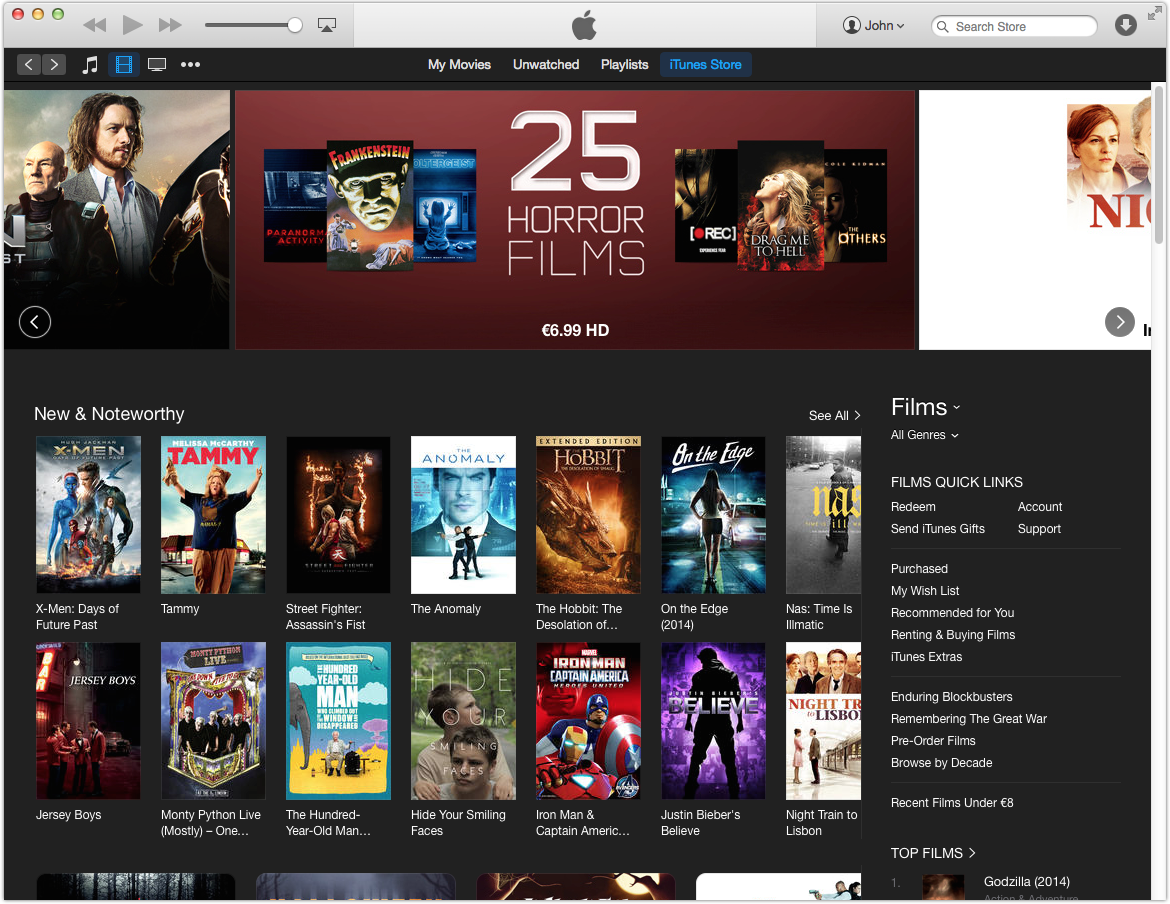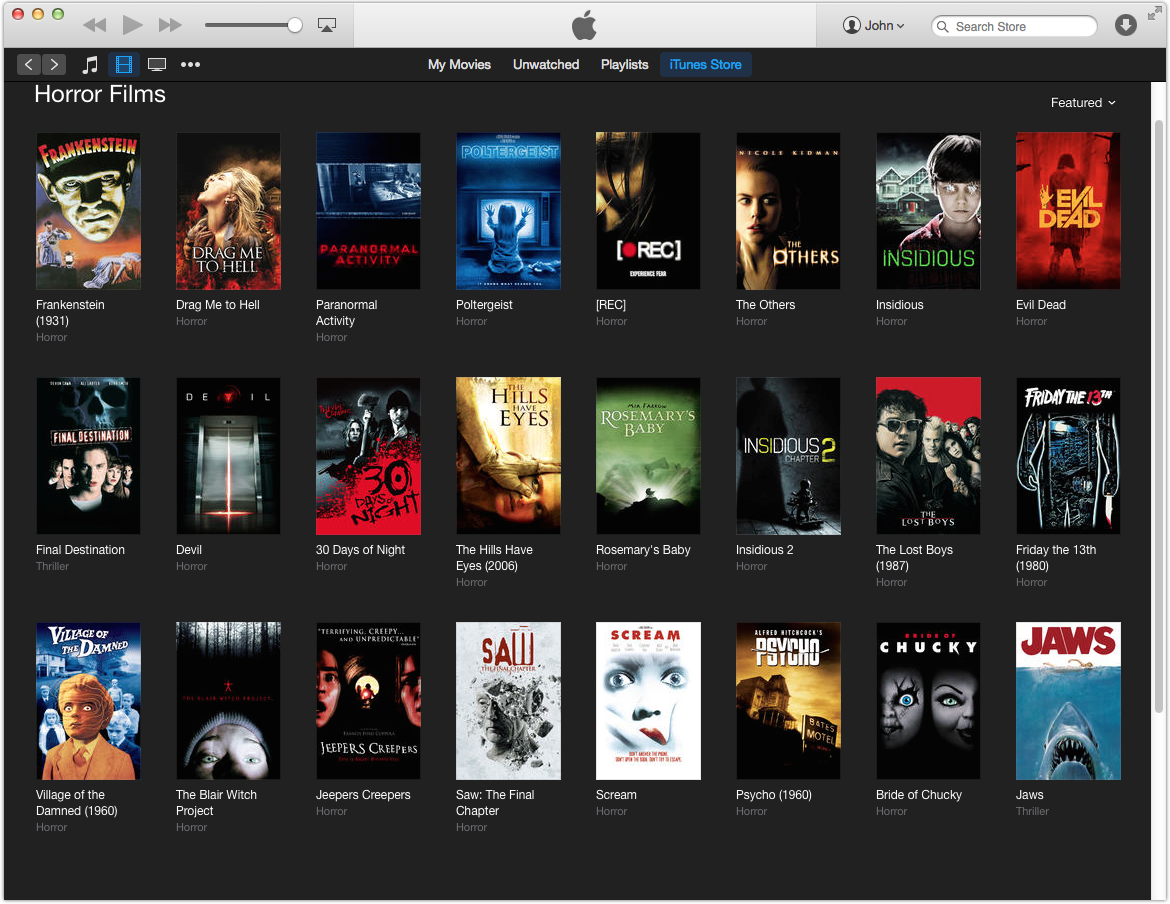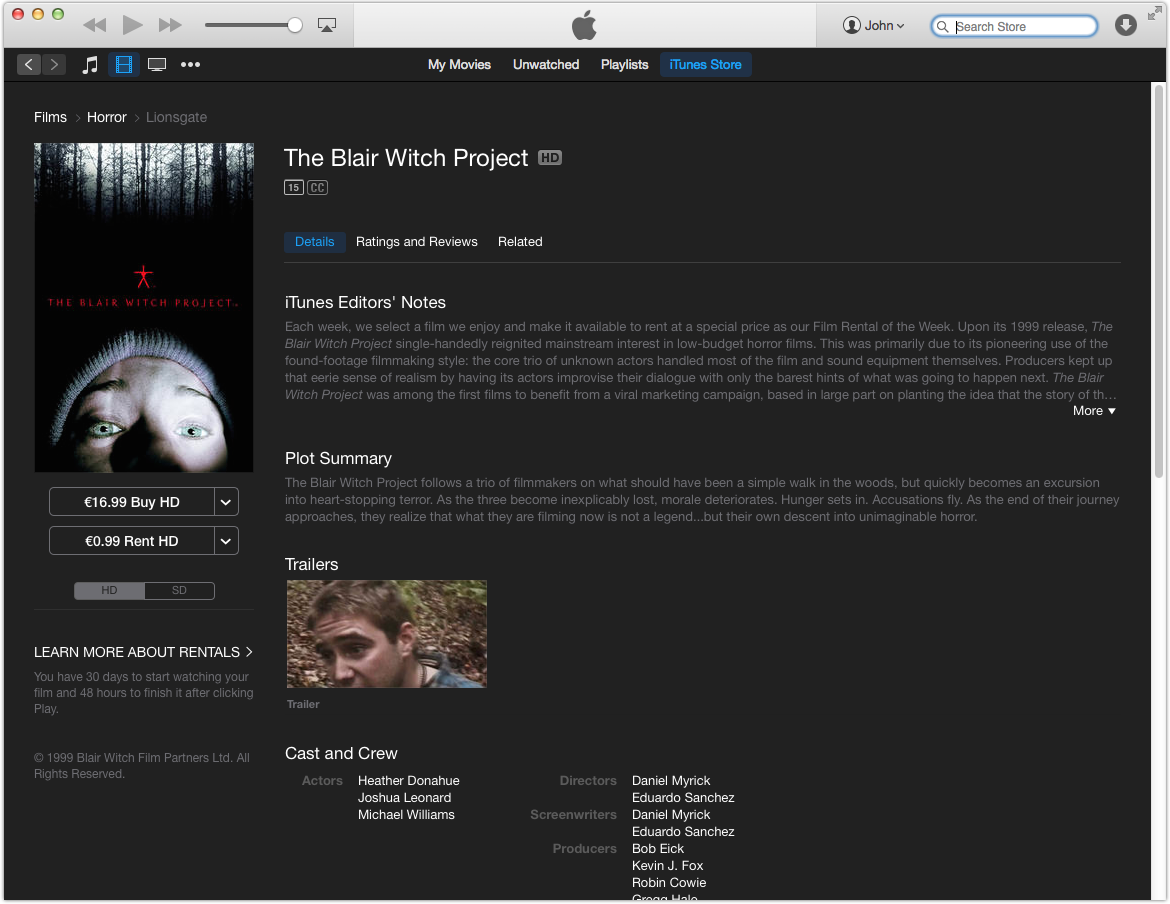(This review first appeared on thumped.com)
I’m having real trouble trying to figure out who EA Sports UFC has been made for.
Was it made for the hardcore fans of UFC as a sport? I mean, it’s got 97 current fighters all realistically modelled, animated and rendered. Their Conor McGregor even has that God-awful gorilla chest-tattoo he got recently. This means that rather than just using a generic fighting model with a different ‘skin’ for each fighter, each fighter in EA Sports UFC moves and behaves like their real-life counterpart. They have the same strengths and weaknesses (or at least, they’re supposed to - lots of fans have been scratching their heads at some fighters’ stats, some of which seem wildly off-kilter). These are things that will mostly appeal to the hardcore UFC fighting fans, because they’re the only ones that will pick up on them. Plus the game copies the basic control scheme from the previous UFC games, so the hardcore fans who are familiar with THQ’s games will be able to hit the ground running with this game.
Unfortunately, if they’re targeting the hardcore fan, I can’t imagine it being anything but a bit of a disappointment. UFC is a visceral, vicious sport that’s all about cracking heads. But the fighting in the game feels weightless and floaty. Despite the amazing graphics engine, blows never actually feel as if they’re connecting, so a lot of the fights are spent just watching health meters because they’re the only real indication of how you’re doing. Only a few years ago, this same development team introduced a HUD-less fighting game, where you could tell how tired/battered your player was just by looking at them. It’s hard not to see EA Sports UFC as anything but a step back.
And it’s not just the floaty, toothless fighting game that will drive the hardcore fans bananas. The game’s transitions between the various stages of fighting (standing up, in the clinch and on the mat) are painfully disjointed and mechanical with no sense of grace or fluidity. The game is full of canned animations that bring everything to a standstill until the animations have completed. Then there’s also the fact that some of the sport’s more ‘simple’ moves actually require a fairly complex combination of inputs on the joystick, but some of the sport’s more difficult moves are just one or two button-presses. So it’s entirely possible to just spam flying knee kicks and win 90% of your matches (I tested this and won around half of my matches on ‘hard’ difficulty by just spamming the one move over again). In a sport that prioritises technique and finesse, this confusing mess of a control set-up is another of the game’s disappointments.
So maybe the game wasn’t made for the hardcore UFC fan. Maybe it’s there for the more casual fighting fan. People like me, who think that the whole arcade fighting game genre peaked with Rocky on the Gamecube, or maybe Fight Night Round 3 on the Xbox 360. In which case, EA have completely misjudged this game’s introduction. It starts by dropping you into an extended tutorial sequence that attempts to familiarise you with some of the basic controls before finally dumping you into an actual exhibition fight. But considering the sheer number of controls, it’s a bit like saying “Okay, press this button. Great. Press this lever. Great. Now these 200 other buttons. Great. Now fly this plane.” If you haven’t played a UFC game before, you’ll be overwhelmed by the controls and immediately left feeling frustrated as the game kicks your ass and asks if you want a rematch. And when you don’t know what you did wrong in the first place, a rematch is a grim, unappealing option.
The short ‘career’ mode is where the game should open up for newcomers. You choose a fighter (or create one yourself) and take them through the various stages of The Ultimate Fighter, an actual reality TV show where contestants compete for a chance to enter into the UFC. Between fights, you practice the moves you briefly saw in the tutorial, running drills until you can actually use them in some sort of sensible way. Then you fight one-on-one against a computer opponent to progress to the next round. Repeat, repeat until you’ve won your ‘contract’. As a relative newcomer to UFC games, this is where the game finally started to make sense for me. It didn’t make it much more enjoyable – the complaints about the weak-ass fighting system still stand and the opponent AI was underwhelming – but at least I could say I finally started to get my head around what some of the buttons did and when I should use them.
Being able to create my own fighter and bring him through career mode definitely helped with the enjoyment of the game. Rather than creating something sensible, I created a 300-lb man-child called “Dick ‘Jumbo’ Wang” from Bosnia and Herzegovina (the commentators actually use your nickname and surname in fights and having them say stuff like “Jumbo Wang is taking a heck of a beating” never stopped being funny for me), with easily the worst stats in the game.
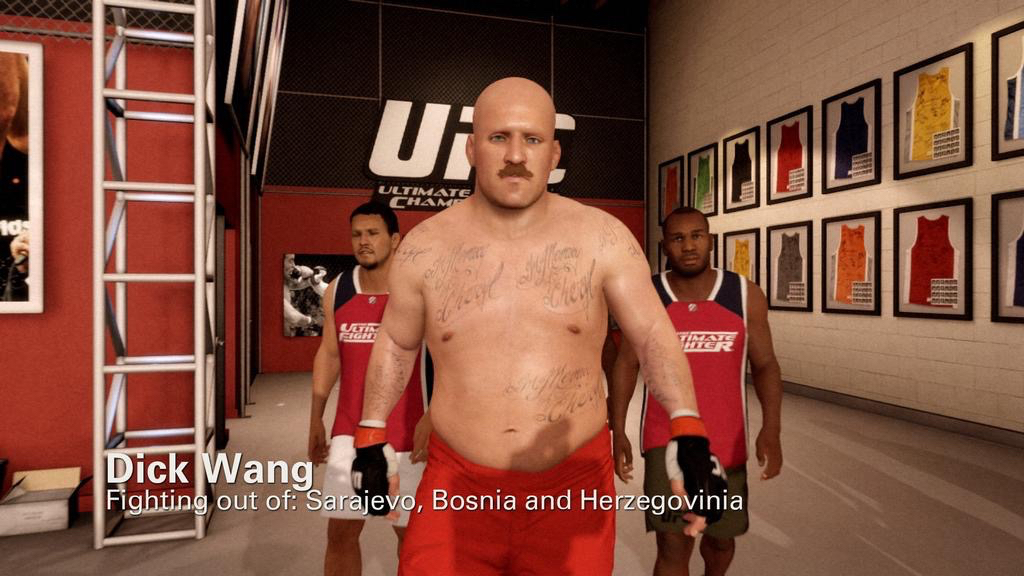
As well as providing you with just enough customization options to make your fighter look like a mongoloid sex-pest like I did, you can give your fighter some tattoos. There are pages and pages of dragons and tribal patterns (no God-awful gorilla chest-tattoos, disappointingly). In amongst all these is, bizarrely, a “In Memory of Cheryl” tattoo. And because the game lets you spam the shit out of these tattoos, Dick Wang has an “In Memory of Cheryl” tattoo everywhere the game would allow it: on his head, on his back, three times on his chest, twice on each arm and twice on each leg. I have no idea who the fuck Cheryl is, but Dick Wang must really miss her. I guess this says a lot about how easily amused I am, but it also says a lot about the game. The thing that amused me most wasn’t the exhibition fights, it wasn’t the multiplayer and it wasn’t the career mode. It was creating Dick Wang.
In the end, EA Sports UFC doesn’t really know what it wants to be. It doesn’t know who it’s trying to please, so it ends up not really pleasing anyone at all. It’s not engaging enough to be the essential next-gen UFC game the hardcore fans have been waiting for. And it’s so inaccessible for casual fans that they’ll be reduced to putting together hideous monsters in the character creation screen just to extract some entertainment from the game. I’ve no doubt that the next iteration of the game will be much better, but until then, this is definitely one to skip.
